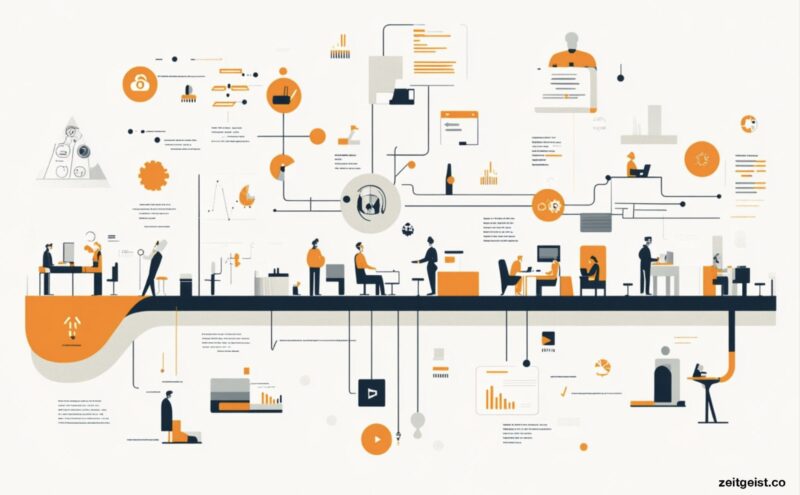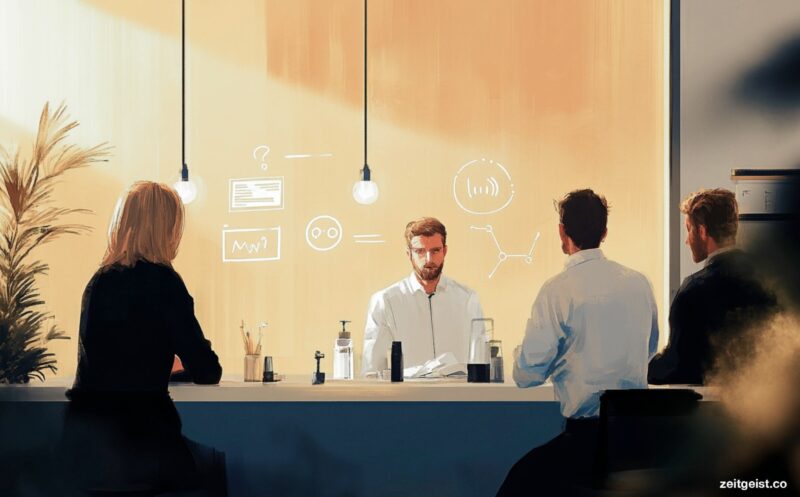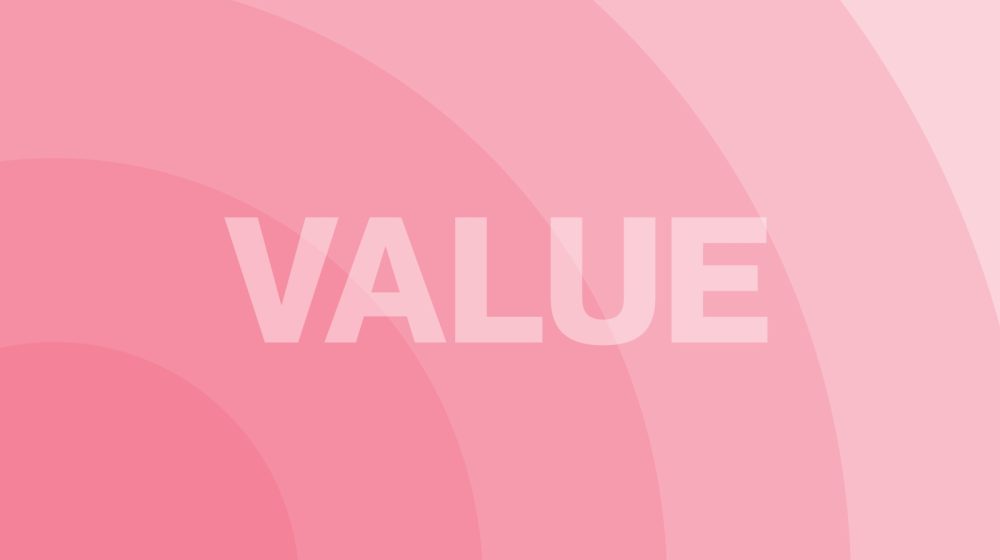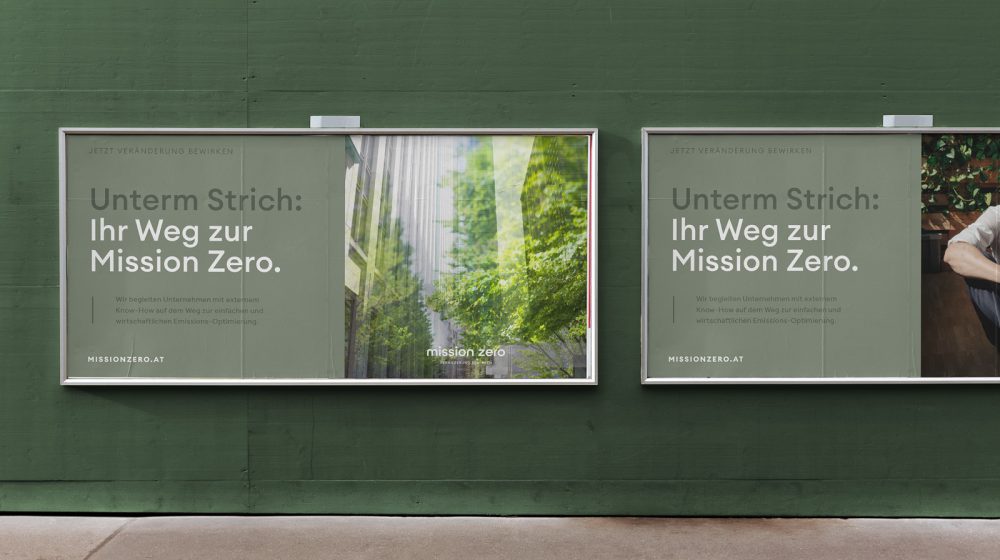“The only constant is change” vs. “Never change a running system.” In a world in which things change almost daily – new findings emerge on familiar topics, technological progress races inexorably ahead and brands and companies are quickly left behind if they don’t keep up – we at ZEITGEIST have dedicated ourselves to staying curious and alert.
The saying “Never change a running system” may sound tempting at first glance, but it contradicts the dynamics of our idea of meaningful progress. Just because something is already working (often more badly than right) does not mean that there is no potential for improvement. In everyday life, for example, this way of thinking leads to cumbersome bureaucracy and outdated processes, values and attitudes that feel like they are moving backwards. See the phrase “We’ve always done it this way” – it’s not just a common saying in Austria – unfortunately.

For us, progress does not mean blindly accepting everything that comes along, as there is often real nonsense behind “groundbreaking” innovations. Rather, it is about consciously perceiving how the environment is changing and reacting to it intelligently.
Back to constant change: humans are creatures of habit. We feel comfortable in our comfort zone and avoid change. Psychologically speaking, we often look for what we know instead of what will really help us move forward. This behaviour can lead to unhealthy patterns in habits and relationships that we feel we can never get out of – unless we recognize and address them. Breaking out of this way of thinking requires effort and we are prepared to make the effort – because we recognize the benefits behind it.
The advantage of customization
A lot has changed in recent years. Our team has grown, we are now using the third time recording tool and the fourth presentation tool. We use AI, organize ourselves differently, celebrate our successes, exchange ideas differently – and our employee meetings have gone from being infrequent and long to more regular and shorter. The result: everything runs smoother than before. These changes show that adaptation is not only possible, but also necessary. And we remain on standby.
An interesting study dealing with the need for change and adaptation in companies was published by the Harvard Business Review. It shows that companies that regularly question and adapt their processes are 30% more successful than those that stick to “old” methods. These companies report higher employee satisfaction and better customer loyalty. The study emphasizes that the key to success lies in the willingness to continuously improve and react flexibly to new challenges. We agree with this.

Practical relevance: The coffee revolution
A simple example from our everyday life is the selection of new types of coffee in the office. We used a tally sheet to evaluate which varieties tasted best and did not rest on the fact that the first coffee was “good enough”. This openness to change has not only increased satisfaction in the team, but has also shown that small adjustments can have a big impact.

Advantage for our customers
We have manifested this way of thinking not only in our everyday office life, but also in the way we work with our customers. We have reflected on our brand strategy workshops again and again, revised our questions, questioned our time management and analyzed our outcome. We paid attention to how different approaches are received in practice, not just in our own heads. We incorporated empathy and approached the matter with openness and a willingness to improve. Not with our ego in the foreground – but with the will to really optimize something. This approach is now paying off – for ourselves and for our customers’ brands. The latter have confirmed that they have “never thought about certain things like this before”. And there are good reasons for this.
We are not afraid to address a pain point and then suggest an initially unfamiliar change. On the contrary, we often recognize challenges and at the same time new ways and solutions that the customers themselves have not even noticed. Our attitude: We can’t adapt to anything – so we adapt.
In the business world, people often talk about the “right of the strongest” and refer back to Charles Darwin, although he never spoke of the right of the strongest – but of the advantage of those who are best able to adapt to new circumstances. Circumstances change almost daily, so let’s stay awake, let’s stay curious. Let’s stay ready for change. By the way, it never gets boring.







